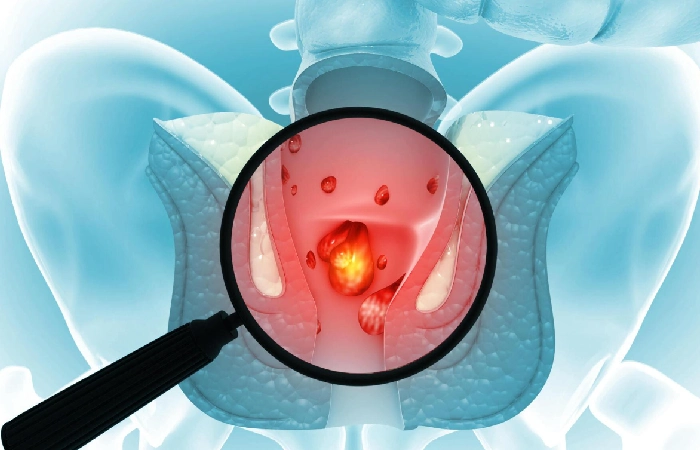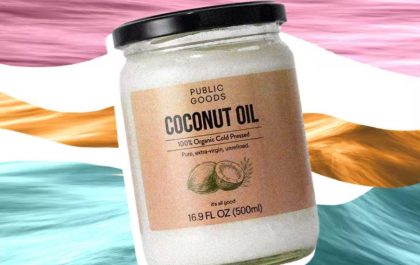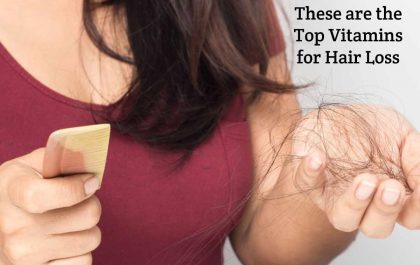Table of Contents
Introduction
How to Cure Internal and External Haemorrhoids – Pain, itching, rectal bleeding, the most likely diagnosis for these symptoms is hemorrhoids. By this, he means swollen veins in the anus and rectum. If you suffer from this, you know how uncomfortable they can be. Therefore, it is practical to understand how to treat hemorrhoids, another name for hemorrhoids.
External hemorrhoids (inflamed hemorrhoidal areas that emerge from the anus and can be felt by us) or internal hemorrhoids are invisible but cause pain and bleeding. However, some steps can be taken to promote healing.
Often known as stakes, hemorrhoids are swollen veins resembling varicose veins in the anus and lower rectum. Internal hemorrhoids form inside the rectum, and external hemorrhoids develop under the skin around the anus (external hemorrhoids).
What is it that Causes Haemorrhoids?

They are part of everyone’s anatomy, as they are the blood vessels acting in defecation and anorectal continence mechanisms.
Now, factors condition a person to suffer on the mountain. Dr. Laura Colao Garcia, a general surgery and gastroenterology specialist at Torrejon University Hospital in Madrid, mentions several causes. I can highlight some of these.
- It is due to increased uterine pressure on hemorrhoids, especially in the last weeks of gestation or childbirth.
- Prolonged constipation. Hemorrhoids dilate by straining during defecation. In addition, sitting on the toilet for long periods can promote inflammation in these veins.
- Improper body posture. Prolonged sitting increases the temperature in the rectal area, which favors hemorrhoidal vasodilation—similarly, long-standing interference with venous return.
- Extra pounds affect vascular dynamics and increase pressure in the hemorrhoidal area.
- Genetic factors. A genetic component may be the cause of hemorrhoid inflammation. Yes, you read that! They pass down from parent to child.
Symptoms of Hemorrhoids Or Piles – Internal and External Haemorrhoids
Luckily, most hemorrhoids are not severe and go away independently after a few days.
So what are the signs of hemorrhoids? These are some:
- Bleeding after defecation.
- A stiff, painful lump around the anus.
- Constant itching in the anal area.
- Even after having a bowel movement, I still feel like my intestines have not yet emptied.
- Redness around the anus.
- Severe pain during defecation.
On the other hand, it is helpful to know that hemorrhoids can categorize into four stages:
Hemorrhoid Phases – Internal and External Haemorrhoids
- Phase I: They are not visible and only slightly inflammation of the anal wall.
- Phase II: In this phase, hemorrhoids remain in the anus, pass in the stool, and usually recur.
- Phase III: It can be easily hidden at this stage, but it escapes and comes out.
- Phase IV: Needs treatment because it is large and difficult to drain. Plus, it stays outside the anus.
How to Reduce Internal Hemorrhoids?
Diagnosis of the well-known congestive internal hemorrhoids is more complicated as they are almost non-palpable. However, the friction associated with stool can damage the stool’s surface, causing swelling and bleeding.
When this occurs, various treatments and means apply that have a positive effect, such as:
- Ointment application. They stimulate healing and relieve discomfort. For example, Hemocolon Cream 30ml relieves pain, stinging, and itching caused by hemorrhoids and anal inflammation as it lubricates and soothes the affected area. Some patients use gels, and aloe vera, among others.
- Food changes. Foods that cause constipation should avoid as they are the leading cause of internal hemorrhoids. At the same time, you can consume vein-strengthening foods such as garlic.
- Analgesics and anesthetics. On the one hand, it reduces symptoms, and on the other hand, it promotes hygiene in the affected area.
- Use of corticosteroids. They are meant to relieve the sensation of inflammation and itching, but using them for more than a week is not recommended.
Unfortunately, internal hemorrhoids can be severe and not yield natural or drugstore remedies. When this occurs, hemorrhoidectomy surgery is considered the most viable alternative. There are cases.
How to Reduce External Hemorrhoids?
External hemorrhoids and thrombosed hemorrhoids, those containing clotted blood, should be treated immediately. Learn more about bleeding hemorrhoids and how to treat them in this article.
In addition to home remedies that can relieve symptoms if applied correctly, there are also effective medications and general recommendations. Here are some added tips that are very helpful:
- Diet and hydration. Get use to eating foods containing fiber, such as grains, vegetables, and fruits. Drinking plentiful water throughout the day is also very helpful. This combination helps regulate the bowel.
- Use of the cream. Many corticosteroid-based ointments are effective solutions. One of them, Cumlaude Rectal 30 ml, is used to prevent and treat hemorrhoids and disorders of the perianal and anorectal areas to reduce itching, burning, and irritation.
- Exercise routine. In addition, a healthy diet can help you lose excess weight, which can affect hemorrhoid episodes.
- They are sitting bath. They mean relief. You can add the leaf infusion of plants such as witch hazel or cypress to the warm water.
- Use of other drugs. Biflavonoid-based supplements can use to improve circulation.
- I was cleaning the affected area. You can apply ice to reduce inflammation and wash the area with a non-irritating soap.
- Use of relaxation towels. Using toilet paper is more irritating, but wet wipes that do not contain alcohol or other irritating substances can help ease the pain.
How to Prevent Hemorrhoids from Growing?
Prevent the growth of hemorrhoids by improving your lifestyles, such as diet and exercise.
In this regard, Dr. Ignacio Machado, a medical team member at the Andalusian Institute of Surgery, advises, in making authoritative judgments on this subject, to include many grains, fruits, and vegetables in the diet and to drink plenty of fluids. In addition, it suggests avoiding alcohol—spicy food: caffeine, spices.
Of course, a sedentary lifestyle can be inconvenient, so exercise regularly and avoid sitting for long periods.
Hemorrhoids play a role in our bodies. Therefore, if we are mindful of what we eat and stay active, we reduce the chances of them becoming inflamed and making our lives miserable.
Related posts
Featured Posts
How to Make Coconut Oil for Hair? – Knows, Benefits, Risks, And More
Coconut Oil for Hair – Need to Know About Using Coconut Oil for Your Hair coconut oil for hair may…
These are the Top Vitamins for Hair Loss
These are the Top Vitamins for Hair Loss – Vitamins play a vital role in the functioning of the body….


